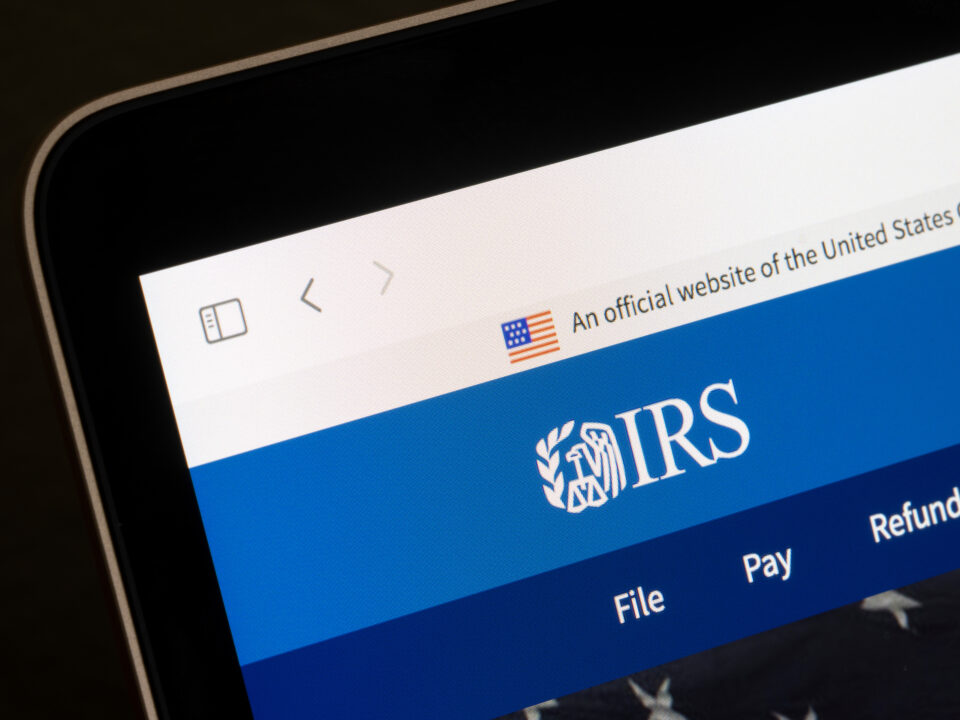
The Inflation Adjusted Thresholds for Various Tax Levels Announced
November 8, 2017
Trump Tax Proposals
December 5, 2017
The Social Security Administration (SSA) announced that the maximum earnings subject to the Social Security component of the FICA tax will increase from $127,200 to $128,700 for 2018. This means that for 2018, the maximum Social Security tax that employers and employees will each pay is $7,979.40 ($128,700 x 6.2%). A self-employed person with at least $128,700 in net self-employment earnings will pay $15,958.80 ($128,700 x 12.40%) for the Social Security part of the self-employment tax. The Medicare component remains 1.45% of all earnings, and individuals with earned income of more than $200,000 ($250,000 for married couples filing jointly, $125,000 for married filing separately) will pay an additional 0.9% in Medicare taxes.
For 2018, the Social Security Administration (SSA) has announced that cash wages paid by an employer for domestic service in the employer’s private household is subject to FICA tax (often referred to as nanny tax) if the amount of wages paid during the year is more than $2,100. This is up from $2,000 for 2017.
Other provisions are increasing for inflation in 2018, including the personal exemption, which increases from $4,050 in 2017 to $4,150 for 2018. The standard deduction for married taxpayers filing joint returns increases to $13,000, $300 more than in 2017. It also increases slightly for single taxpayers and married taxpayers filing separately to $6,500. The standard deduction increases for heads of household, from $9,350 in 2017 to $9,550 in 2018.
The annual deductible amount for taxpayers who have self-only coverage in a medical savings account also increased slightly. For 2018, the plan must have an annual deductible that is not less than $2,300 and not more than $3,450, increased from not less than $2,250 but not more than $3,350 in 2017. For self-only coverage, the maximum out-of-pocket expense is $4,600, $100 more than for 2017. For tax year 2018 participants with family coverage, the floor for the annual deductible is $4,600, up from $4,500 in 2017. The deductible cannot be more than $6,850, up $100 from the limit for tax year 2017. For family coverage, the out-of-pocket expense limit is $8,400 for 2018 up from $8,250 for tax year 2017.
The IRS also announced that the limit on elective deferral for contributions to 401(k) plans, 403(b) plans, most 457 plans, and the federal government’s Thrift Savings Plan will increase from $18,000 in 2017 to $18,500 for 2018. However, the catch-up contribution limit for those 50 and older remains $6,000
IRS will enforce health coverage reporting on 2017 returns
On Friday, October 13, 2017, the IRS updated its page on health care reporting requirements to inform taxpayers and tax practitioners that it will not accept electronically filed 2017 individual income tax returns unless taxpayers indicate that they and everyone on their return had health care coverage, qualified for an exemption from coverage, or will make a shared-responsibility payment (under Sec. 5000A). The IRS also said that any returns filed on paper that do not address the health coverage requirements may be suspended until the Service receives additional information, and any refund due may be delayed.
This filing season will be the first time the IRS has enforced this requirement and will not accept tax returns that omit this information. Last filing season, President Donald Trump’s administration issued an executive order directing the government to limit any burdens imposed by the Patient Protection and Affordable Care Act, P.L. 111-148, pending repeal. In response, the IRS did not enforce the health care reporting requirement on 2016 returns filed in 2017, although taxpayers were still required to pay the shared-responsibility payment if they did not have coverage or qualify for an exemption.
This year, however, the IRS and the Taxpayer Advocate Service have determined that enforcing the rule when taxpayers file will make return filing easier on taxpayers and also reduce refund delays.



